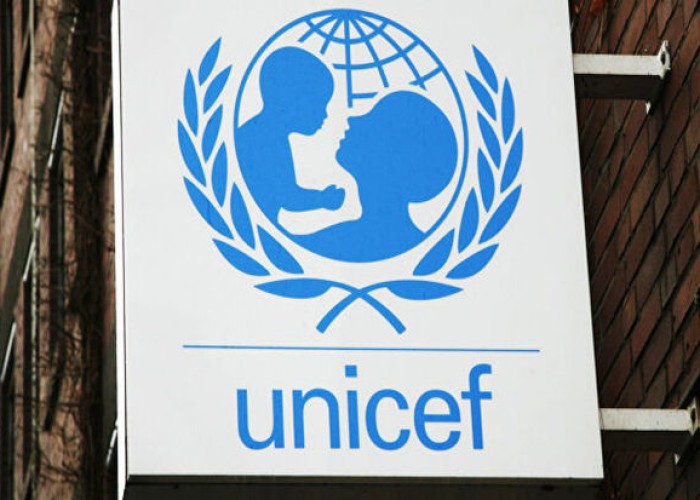The media has been recognized by UNICEF as a major catalyst for increasing school enrollment across the North East Sub-region.
Given the region’s distressing statistics on out-of-school children, the media’s partnership is paramount in instigating discourse and finding solutions to transition them away from the streets and into classrooms.
Tushar Rane, the Chief of Field at UNICEF’s Bauchi field office, addressed participants from Bauchi, Gombe, and Taraba states during a media dialogue focused on out-of-school children in Bauchi State.
He said, ‘despite the importance of education, at least, over 10 million school-aged children in Nigeria are out of school. This is a major challenge to all of us.’
‘UNICEF is committed to improving the lives of children and women in Nigeria, especially in achieving the Sustainable Development Goals (SDGs); and the Education for All (EFA) goals of educating all children at all levels and in all groups.’
‘Our work with the government is further enhanced through collaboration with traditional leaders, Civil Society Organizations, faith-based organizations, communities, and other development partners to find solutions that will result in getting the out-of-school children back to school.’
Read also: Security In Schools: UNICEF And Partners To Build SBMC Capacity
‘The media are drivers of social discourse, and we encourage you to always amplify the voices of out-of-school-children and advocate for change to ensure no child is left behind.’
At the event, Abdurrahman Ibrahim Ado, UNICEF education specialist, shared his assessment that Nigeria’s attainment of SDG 4 by 2030 seems challenging.
As stated by the United Nations Educational, Scientific and Cultural Organisation (UNESCO), SDG 4 strives to guarantee inclusive and equitable quality education while fostering lifelong learning opportunities for every individual.
Some of the hurdles in achieving this goal, as he pointed out, encompass economic recession, funding constraints, insecurity, as well as issues of equity and sustainability, among others.
